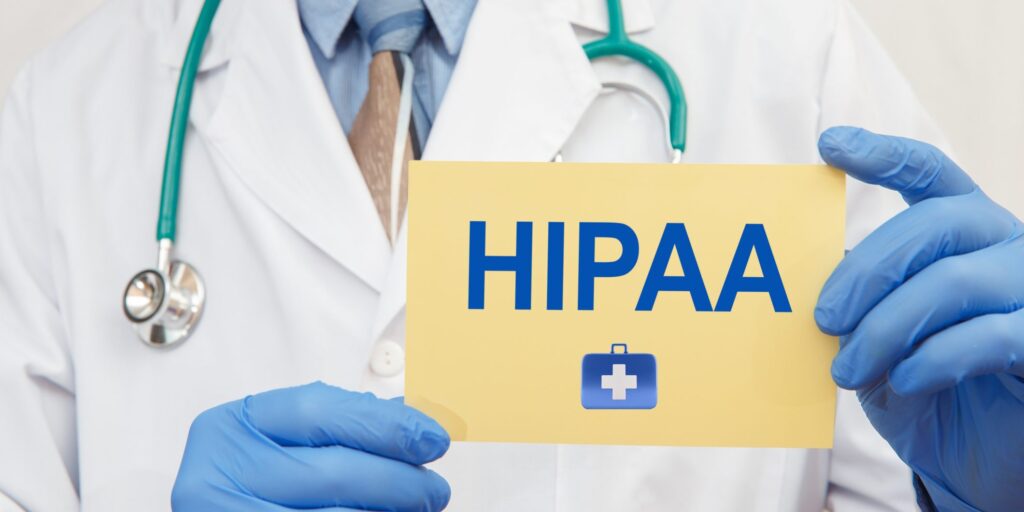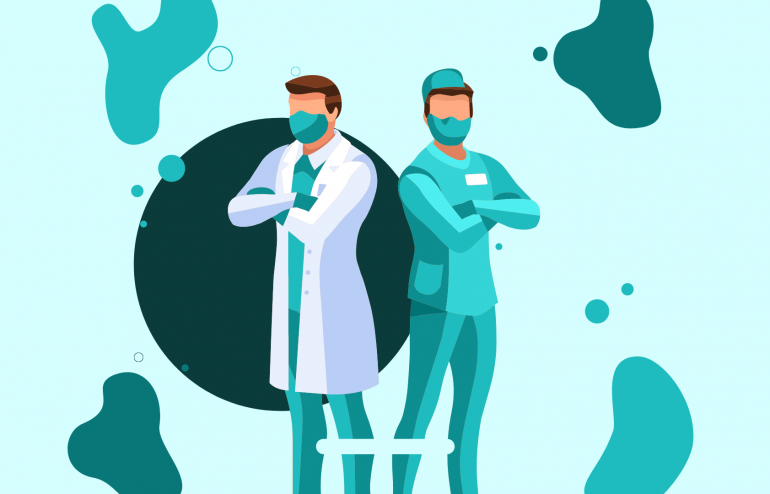
Handling claims and medical billing efficiently is key for a profitable and well-run practice. Sifting through piles of paperwork, scouring physical files for information to process bills, and ensuring patient payments are made correctly and on time are all time-consuming and error-prone tasks that have been holding back practices from ultimate efficiency in billing for years.
However, medical billing software is revolutionizing how medical practices process and track claims and provides powerful tools to make billing a much more efficient process. When your practice runs with efficiency and your billing is smooth and streamlined, your practice will be able to see more patients and generate more revenue much faster.
Medical billing software offers these 6 great benefits for all types of practices, small and large.
Minimize Paperwork, Manual Work, and Errors
Paperwork is becoming more and more antiquated in the medical field, and even smaller practices are opting for a better, more efficient way of handling billing software for hospitals and claims while reducing the amount of paper and physical forms that are needed in modern practice.
Medical billing software for hospitals and medical practices helps to dramatically reduce paperwork and the errors that come along with filling in forms manually and storing those documents securely. With a medical billing solution in place, you can virtually eliminate paperwork in your practice.
Make Patient Information More Accessible
Using medical billing software gives you better control of your patient billing data and makes that information much more accessible for your practice. Accessible information, that is also accurate and secure, will help you work much more efficiently and process your payments much faster.
Improve Claim Tracking
Medical billing software for hospitals helps substantially in tracking and processing claims. The software can help you check patient coverage alert you to denied claims and guide you through the process and timeframes required for resubmissions.
Medical billing solutions will also alert you to coding errors or inconsistencies in a patient’s file that could lead to a rejected claim from the insurance company. Overall, medical billing systems help increase data accuracy and speed up the claims process so you can get paid quickly and provide accurate bills for your patients.
Enhance Financial Reporting
Real-time reporting is an integral part of a robust medical billing system for hospitals or a full suite of practice management tools, and it can help you measure and demonstrate meaningful use of patient health records. You can also use reports to monitor the performance of your practice or clinic to find ways to improve the patient experience and increase efficiency. You can also access payment reports and do a deeper analysis of claims and your practice’s profitability (and where your biggest losses are as well).
Streamline Coding
ICD (International Classification of Diseases) coding is in its tenth revision (ICD-10), and is steadily being adopted as the standard, shared system of coding for physicians and medical professionals. A standardized set of medical codes helps streamline the coding process in medical billing software for hospitals and ensures efficiencies in individual practices. On a larger scale, this classification system allows for the creation of a comprehensive database of codes that signify particular diseases or courses of treatment.
While it’s still in the early phases, AI technology is being used to streamline and automate coding and charting across medical billing and CRM healthcare features. AI can scan medical documents and pull out important details for coding and billing software for hospitals. Automating the coding process helps save time and can also reduce data entry errors to keep records updated accurately. This technology combined with improved electronic medical records (EMR) will continue to change how patient data is stored and used across medical facilities.
Improve Patient Care with Payment Ease
The patient experience is moving swiftly to the forefront of medical practice priorities. As in retail or other industries serving customers, modern medical practice is paying more attention to patient care and long-term retention in a competitive field by providing excellent care and a seamless experience.
A huge part of providing a seamless experience for patients comes down to payment convenience. Patients want more online and electronic payment options, as well as patient portals that help them understand the benefits and bills they need to pay for their care. This is one of the best CRM hospital software features to explore for improved management of billing and patient care. Article credit wheelhouse.com




